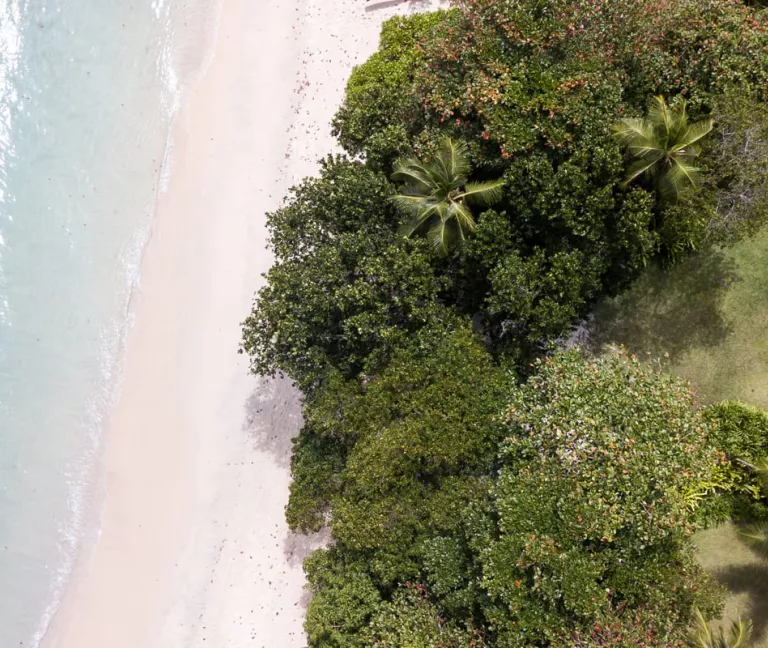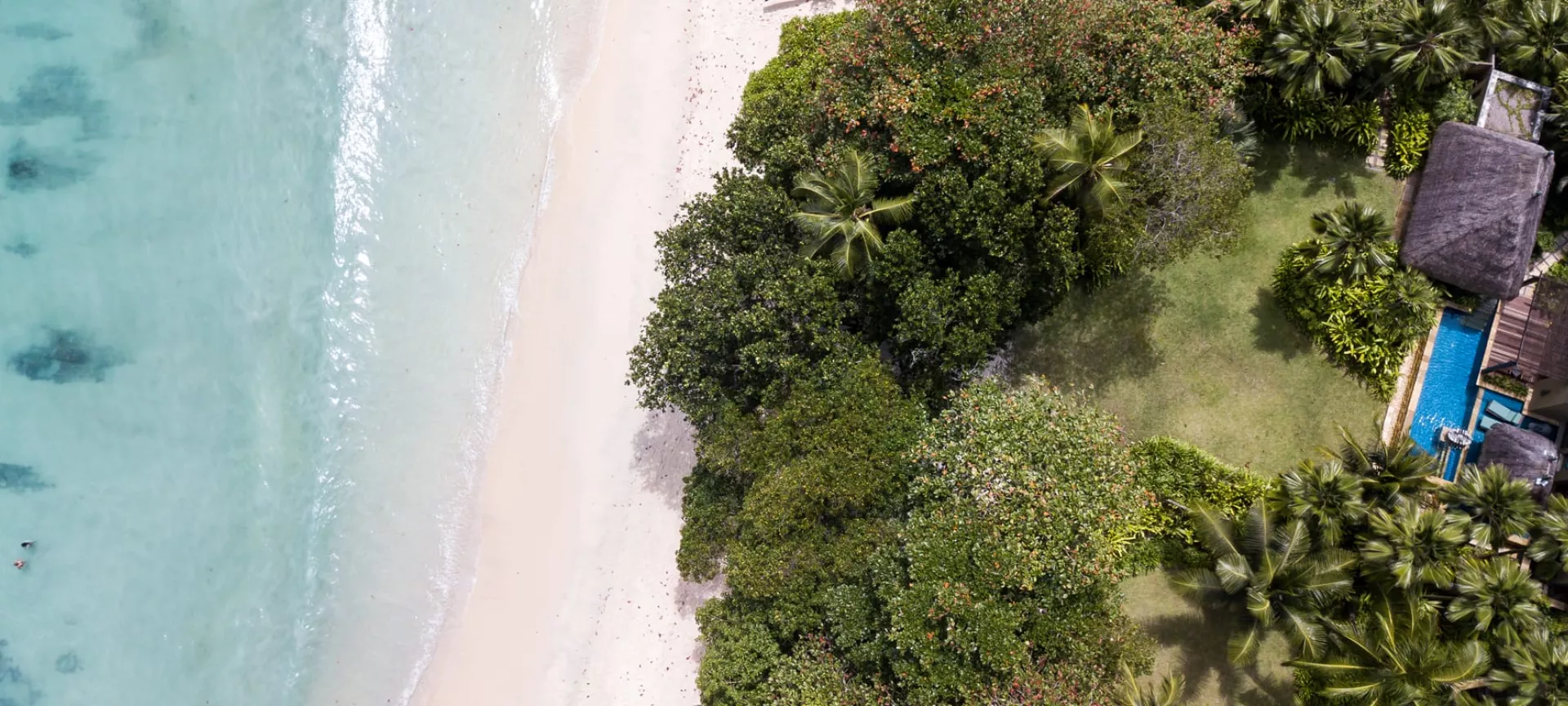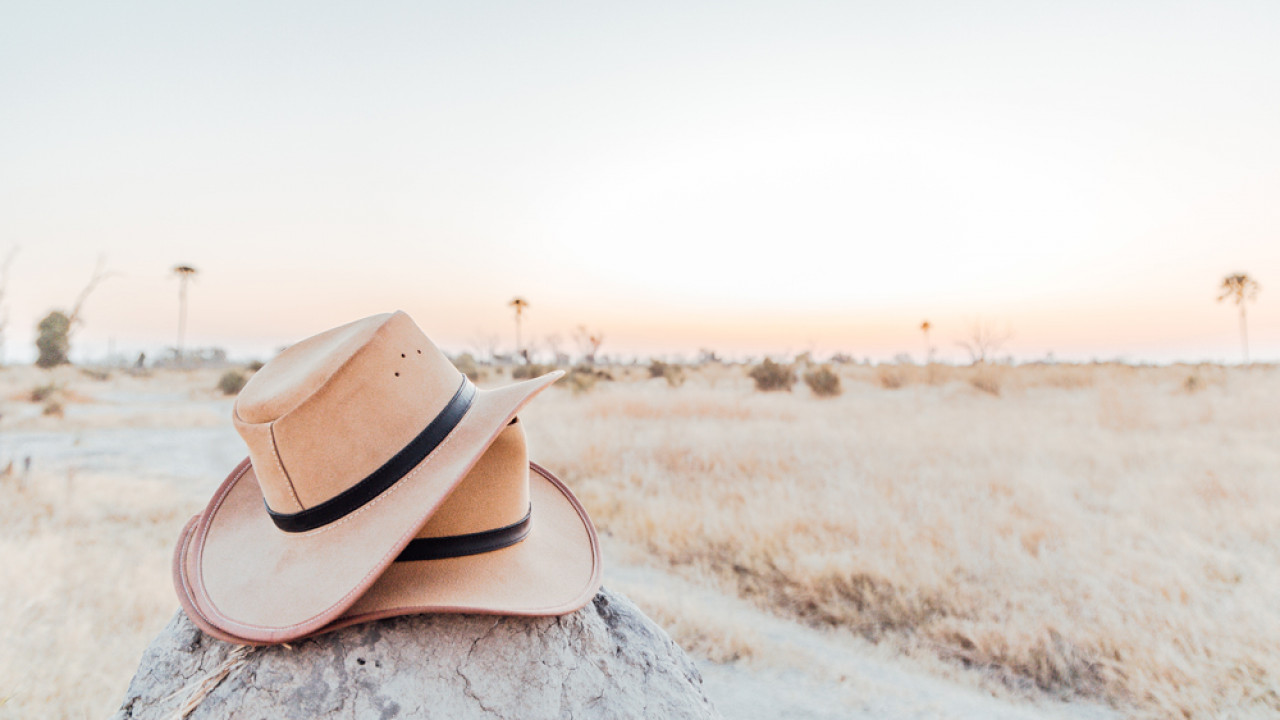
We often get asked what are the most useful things to take on safari...
Other than the obvious essentials (passport, visa, glasses etc), it can be hard to know what to pack!
If you’re going to be flying between lodges in a light aircraft, be aware that there’s a strict weight limit on luggage (normally 15-20kg, often inclusive of hand luggage) in soft-sided bags.
As tempting as it is to take a bluetooth speaker or your favourite slippers, it’s sometimes just not practical.
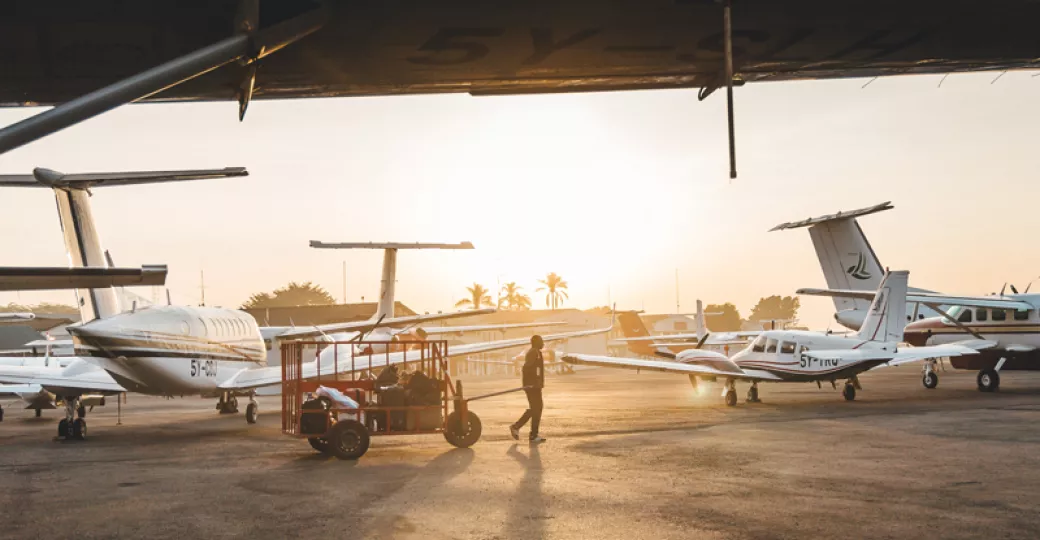
Your safari awaits
Most ‘what to pack on safari’ articles will drum into you that you can only wear khaki or neutral colours when out in the bush. Whilst this is true if you’re planning on doing lots of walking safaris, you shouldn’t worry about going out and buying a completely new wardrobe.
As a general rule, loose fitting, natural fibre clothing of any colour works best for game drives and boat cruises. Be prepared for chilly mornings and evenings, even in the height of summer. The day heats up quickly though - the trick is to use layers.
The items of clothing and accessories we’ve listed below are what we consider to be the most useful on safari. From experience, they’ll make your trip more comfortable and ultimately more enjoyable.
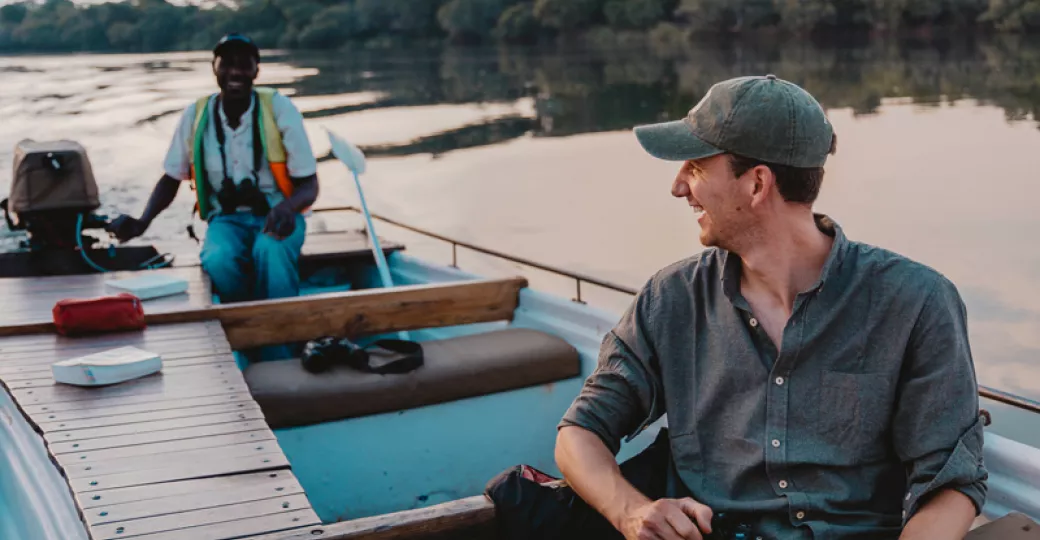
Packing the right things is essential to your enjoyment and comfort
Clothing:
Hat - wide brim/cap for summer, woolly hat for winter
Scarf - some lodges provide kikois - useful for putting over your arms or knees in the midday sun
T-shirt/polo shirt
Collared long sleeve loose cotton shirts (ladies blouse) – great for sun and mozzie protection
Couple of smarter linen shirts for dinner
Jumpers - thin and thick options to layer
Fleece/gilet - it can get very chilly in the mornings and evenings on the game drives
Light waterproof jacket - even in summer/dry season, you never know. Some lodges provide ponchos, but we advise to arrive prepared.
Trousers – chinos work well or normal trousers are fine. Consider a pair that are resilient to thorns if you’re walking. Jeans get a bit hot (ladies should wear long trousers in the evenings to save legs from hungry mozzies)
Shorts
Sports bra for ladies
Swimming trunks/costume/bikini
Underwear – please note that while most lodges offer laundry services, many will not wash underwear for cultural reasons
Gloves – for winter
Socks – thin and thick
Closed shoes – don’t feel as though you need to buy hiking shoes unless you are doing lots of walking. Lighter closed shoes with thick soles, such as desert boots work well
A second pair of comfy shoes to wear around camp such as flip flops or espadrilles
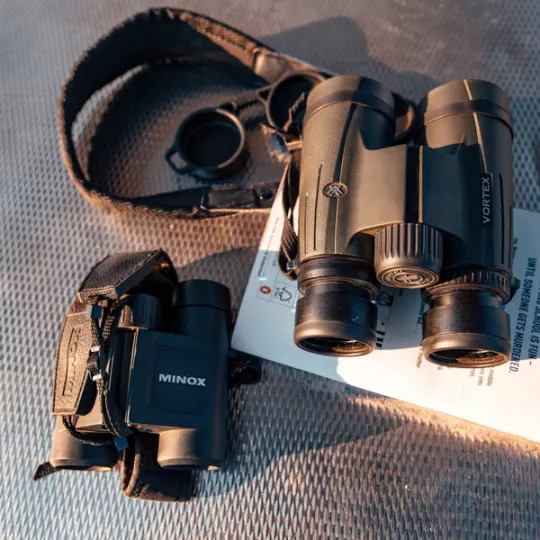
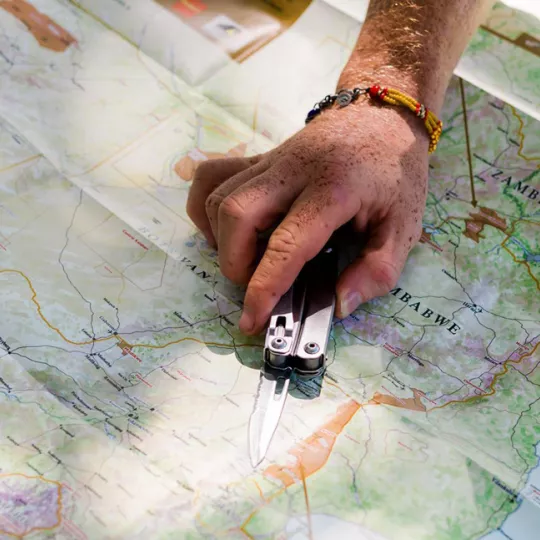
Toiletries:
It’s best to assume that you can’t buy anything once you’re out in the bush. Most lodges will have shampoo, conditioner and body wash, but please check with us beforehand.
Ladies: leave the hairdryers at home – many lodges won’t have electricity in the room. Those that do will unlikely have enough power to sustain a hairdryer - best to go ‘au naturel’!
Toothbrush and toothpaste
Suncream
Face wash
Moisturiser
Hair brush
Contact lens solution
Hand sanitiser
Face wipes
Razor/shaver/beard trimmer/tweezers
Sanitary products
Malaria medication
Any other medication
Other Essentials:
Head torch
Notebook/journal
Local area guide book
Sunglasses – sunglasses straps are very helpful if you plan to use your camera a lot
Prescription glasses – if you’re planning on wearing contact lenses it can get dusty
Camera batteries/phone chargers/power banks – don’t want to run out of juice!
Binoculars - we advise a pair each if you can, but one between two is good
Adaptors – some lodges will provide these, but it’s always useful to carry your own
Wildlife guide – for keen birders or any other interests. Please ask us for suggestions.
Cards/games/a good book – to enjoy in-between activities during the day
Passport, visa and travel documents
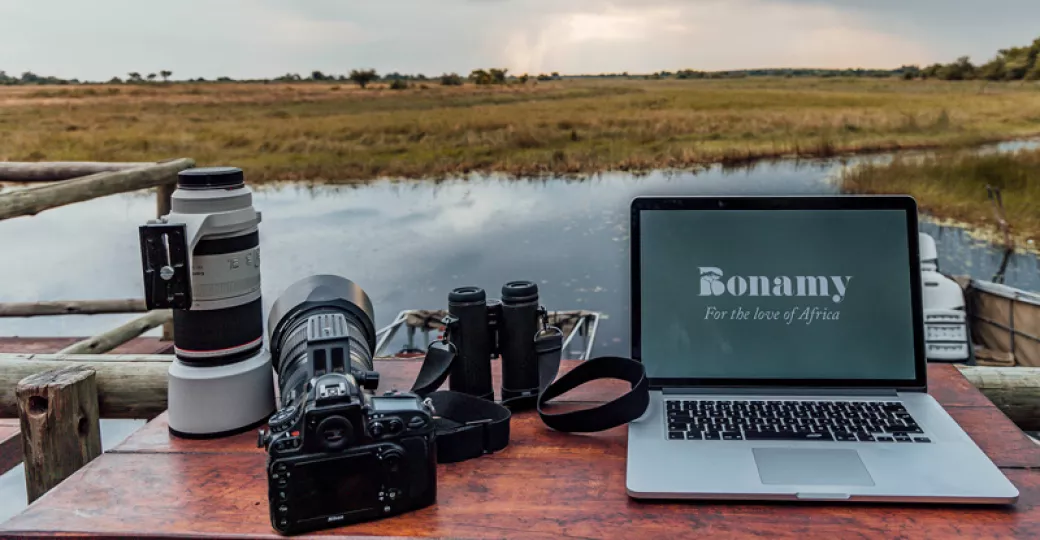
Laptop and heavy lenses are optional...
If you have any questions on what to take for your particular safari and/or what is included at your particular lodge or camp, please don’t hesitate to ask.

Toby Pheasant
Toby first visited Africa at the tender age of four when he accompanied his family on their first of several safari holidays. From that moment on Toby’s love affair with Africa’s nature and wildlif...
View profileNever miss a notebook entry with our newsletter

